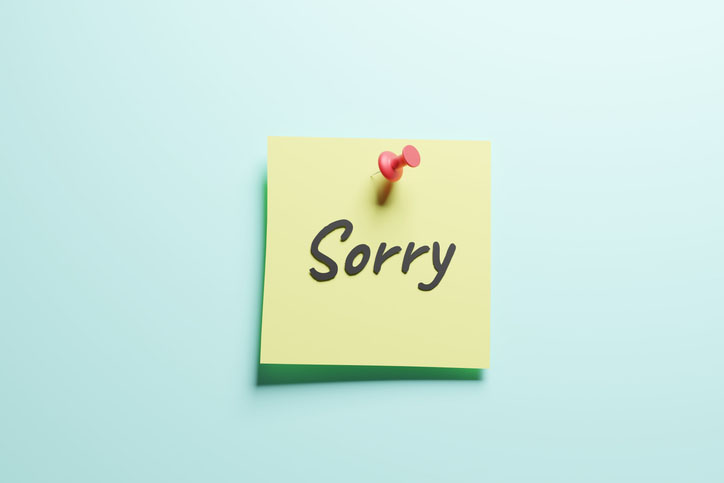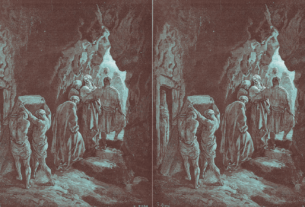Asking for forgiveness may be mandated by our tradition at this time of year, and if we do it right, it’s one of the toughest things we’re called to do.
Who wants to be reminded that they messed up, that they hurt someone, that they must humble themselves and ask for forgiveness?
Even the Almighty can’t come to our rescue— the only one who can forgive us is the person we hurt.
All this was going through my head as I was preparing to ask a friend for forgiveness. I had my list ready. I wanted to be as honest and candid as possible. (I never liked the cop out “If I did anything to hurt you this past year” formulation.)
So I gritted my teeth and listed instances when I really messed up. No excuses.
And then, as I was finalizing the list, seemingly out of nowhere, this thought intruded:
“Hey, don’t forget the good stuff!”
It felt pathetic. Very kumbaya. Here I was getting ready to do a sober and painful mitzvah—admitting to my mistakes– and I couldn’t even do that without having to add something “positive.”
Maybe because I’m close to this person, I planned to do it anyway. I would include a few instances when I did the opposite of a mistake–when we both laughed uncontrollably. It would improve the vibe, if only to bring back some fun memories.
Am I wrong to interfere with the solemnity of a reckoning? Am I unfairly tipping the scales to soften my sense of guilt?
That’s possible.
I did it, however, not to dilute my guilt but to keep the relationship in perspective. Mentioning the “good stuff” is a reminder that we have it in us, that we’re capable of the final step in the process of repentance—committing to not repeating the same mistakes.
When we ask for forgiveness, it’s OK to remember the times that we gave.
Those times give us hope.
Shana Tova.




